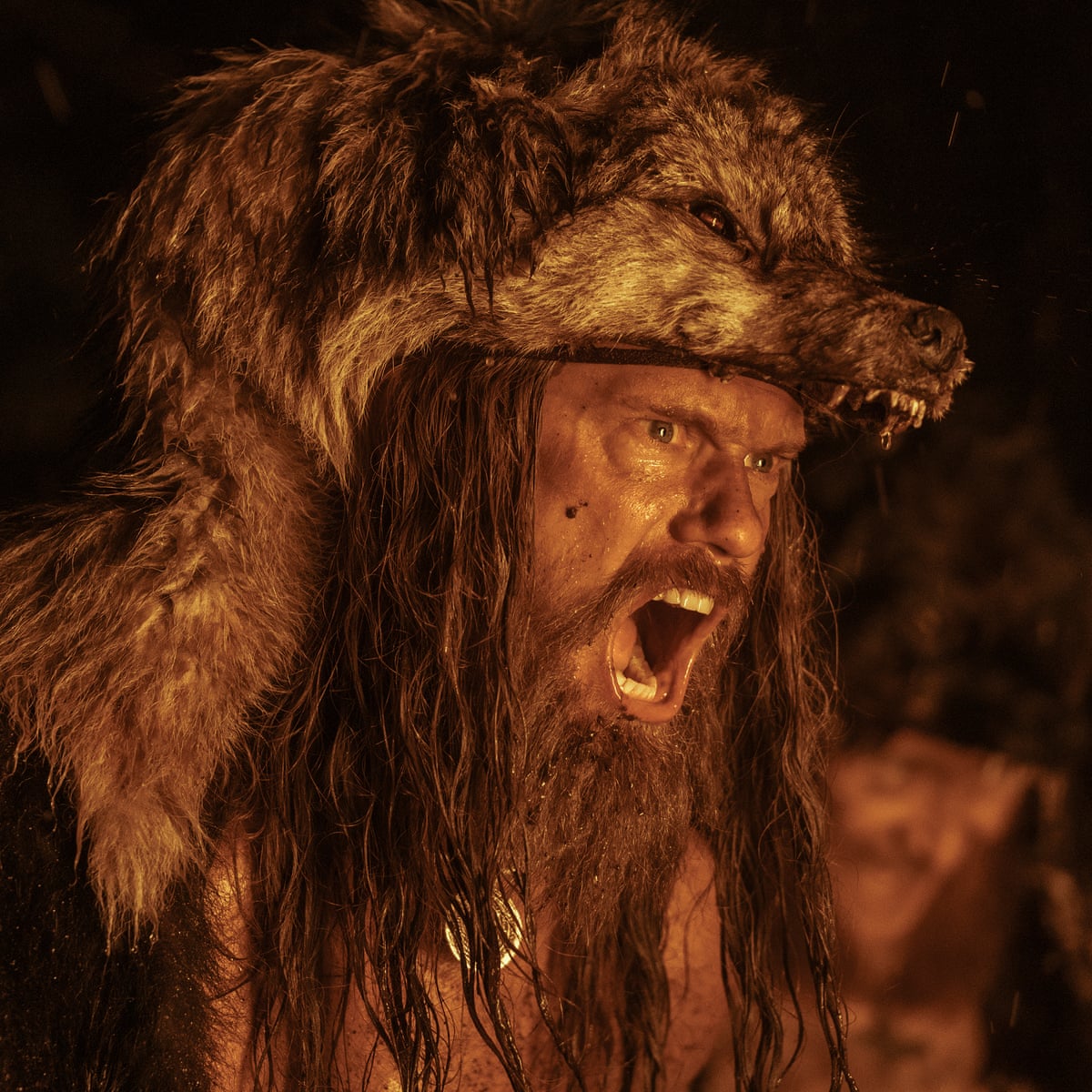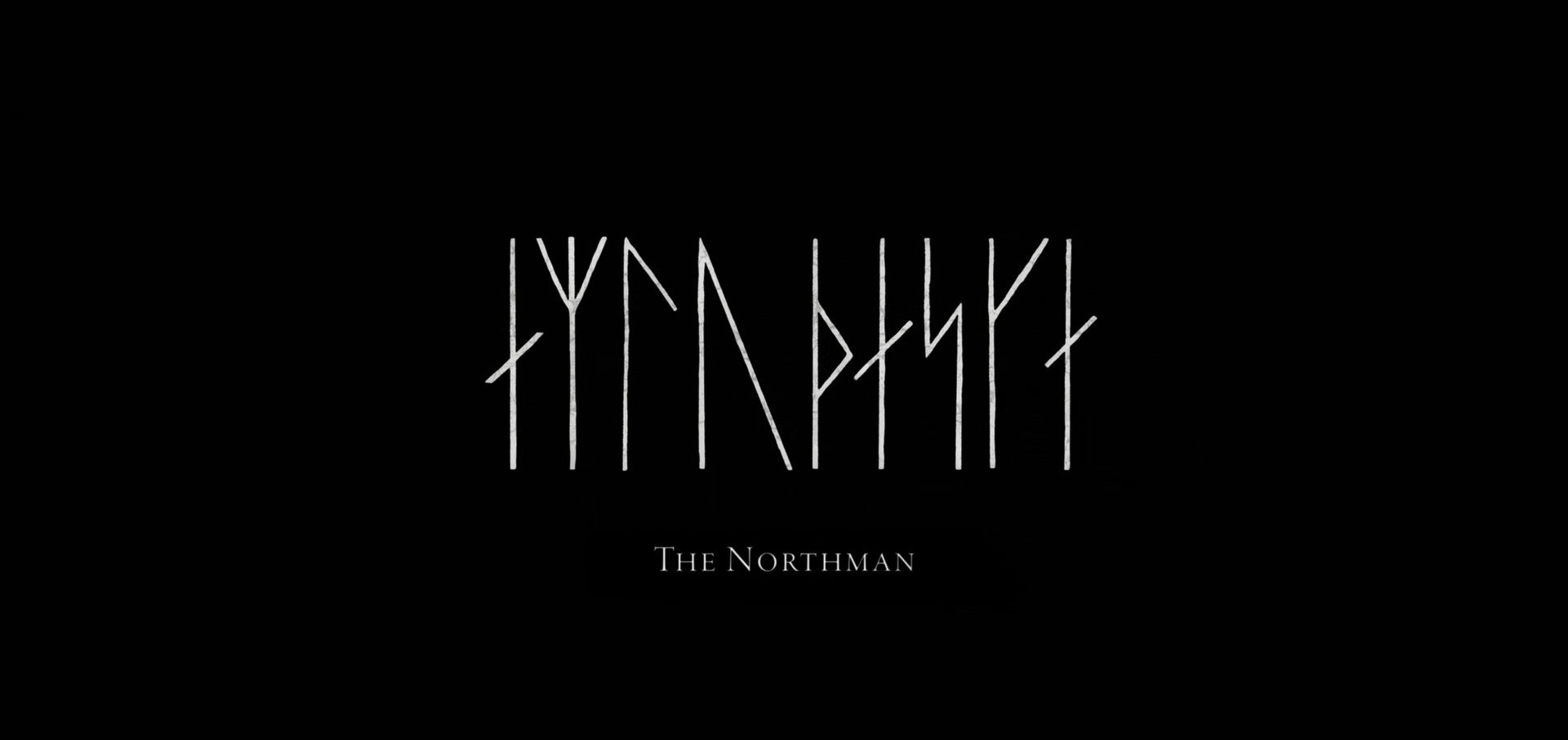The Northman: The Animal Known As Human
The Northman: no need for translation
Adaptations of Shakespeare are many and varied. Recently, however, Robert Eggers’ The Northman has thrown something of a spanner in the works. Whilst it's typical to encounter Shakespeare through a veil - Heath Ledger as Patrick Verona in 10 Things I Hate About You, for example - it’s unusual for us to be presented with narratives which Shakespeare himself took influence from. Eggers’ film does exactly that, and tells the story of Prince Amleth, an Icelandic legend on which Shakespeare based his Hamlet.
The endurance of the essential story is just more evidence of the magic of stories and the power of adaptation. How can a story, told time and time again, remain new and exciting hundreds - even thousands - of years after it was first told? In the case of The Northman, it’s curious that its appeal comes largely from its dark themes and intense violence. In other words, its appeal is the animalism of a distant past and foreign land far away from our own lives, feeding into the escapism so closely tied to cinema.
Whilst the brilliance of Hamlet is arguably the way it muses on existence - that age-old and inscrutable question “to be or not to be” - The Northman’s animalism and brutal forms of humanity also bring something universal and inalienable to our attention. What might those two things in comparison reveal to us as human beings? Is our nature tied to both animal brutality and existential crisis?
Language is an interesting way the film interacts with the idea of connecting human existence across time and space. The different chapters of the film’s narrative are signposted by a subtitle screen, written in ancient runes, and deliberately obscure. Initially I found this frustrating and alienating. How am I supposed to understand when or where I am if there’s a literal language barrier between me and the film? On reflection, I’ve come to appreciate that the point might not be to alienate the audience but rather to show that despite a language barrier, the story can still be clearly communicated. Furthermore, that it's intolerant and ignorant to approach language barriers with frustration rather than patience, when there is so much to be discovered.
There are other moments in the film, unrelated to the issue of language, where a similar wordless communication happens between the audience and the film. Scenes of violence and of the animalistic ritual, for example, need no words to shake us - whether to make us deeply uncomfortable or maybe subconsciously acknowledge something animalistic in our nature. Watching the physicality of that violence and animalism on screen communicates in a way words fall short, like how live theatre captures something unique to its particular moment, beyond the material of the performance.
What I’m getting at is the parallel between the power of the screen and the essential mystery of stories; both communicate with something that transcends words, and tap into something more innate. What exactly that “something” is, I’m not sure, and I doubt anyone can ever be sure, but it’s there. It’s why we keep coming back to these same stories, in their various forms. They might look, sound, and feel totally different, but they speak the same language, as it were. We, the audience, seem to speak that language too, and it binds us as we watch or read or listen collectively.
This is something which appears everywhere in film, but it has special significance in adaptations because there is a dialogue written into the fibre of the story. The story is speaking to versions of itself across time, space and form, whilst also communicating with audiences. The Northman illustrates these means of communication which might at first appear elusive and alienating but don’t actually need translating, because they exist in an innate part of ourselves. It's worth being aware that The Northman is not going to be everyone's cup of tea, but what's undeniable is that Eggers' film speaks to a part of the human that many would fear to engage with, and perhaps that part of the human is something to pay attention to.



Comments
Post a Comment